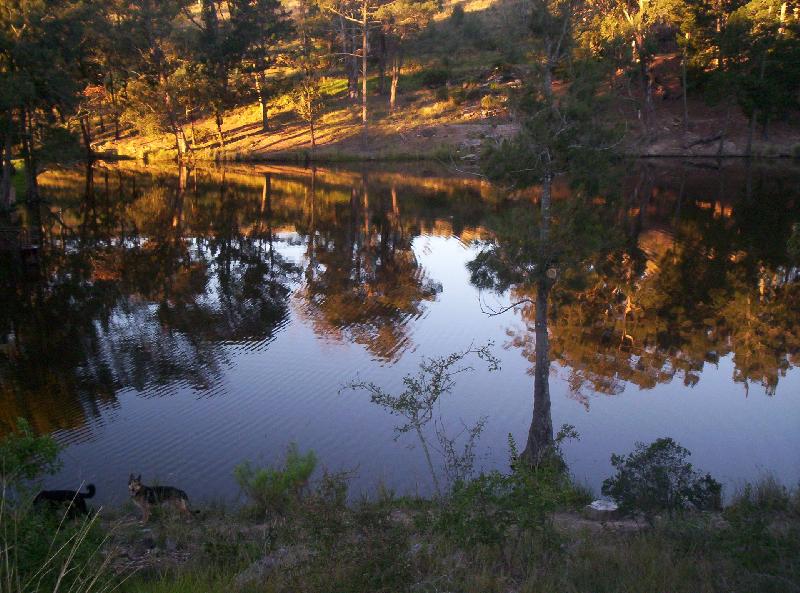
Before staff and students reach for bottled water, there are a number of issues that should be considered. Where does the water come from? Who bottled it? How far has it been transported? In other words, is it really better than the tap water, and what is the extent of its environmental impact? Read an article about this at http://sacsis.org.za/site/article/254.1
Questions regarding the quality of Grahamstown's tap water have been raised a number of times in the last few years. While a number of leading water scientists at Rhodes University have conducted independent investigations, there has been some disagreement with the conclusions, and alarmist communications have created a sense of unease. Local student and community environmental groups have also been scrutinising the issue, and have raised questions regarding the absence of water quality data in the public forum.
The DWAF Drinking Water Quality Framework for South Africa - at http://www.dwaf.gov.za/Documents/Other/DWQM/DWQMFrameworkDec05.pdf - states:
- on p 12: "Drinking water quality data must be easily accessible to all stakeholders" via "the Internet or … newsletters and public fora";
- on p 20: municipal drinking water should meet the SA National Standards 241 Drinking Water Specification, so that it is "acceptable for lifetime consumption";
- on p 32: "Effective communication to increase community awareness and knowledge of drinking water quality issues and the various areas of responsibility is essential"; and
- on p 57: the "suggested minimum frequency of sampling" for a population the size of Grahamstown is 10 times per month.
Find out more about Rhodes University and Grahamstown water-related groups: Institute for Water Research ~ Biochemistry Microbiology & Biotechnology ~ Environmental Biotechnology Research Unit & Kowie Catchment Campaign
